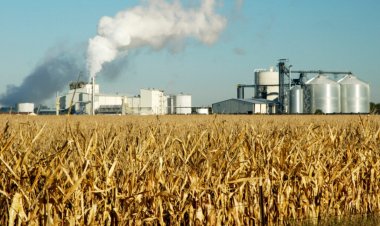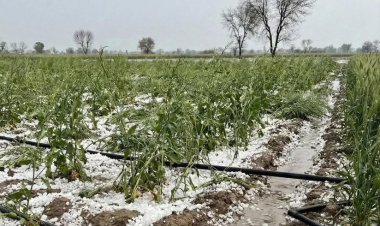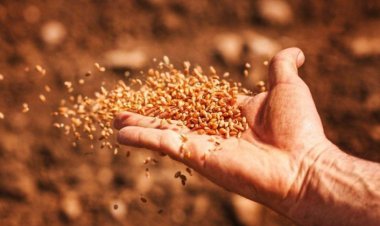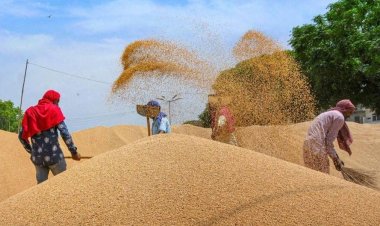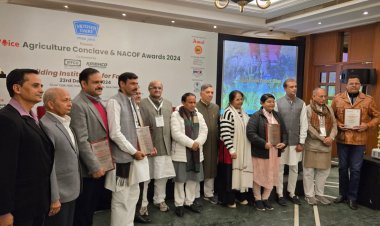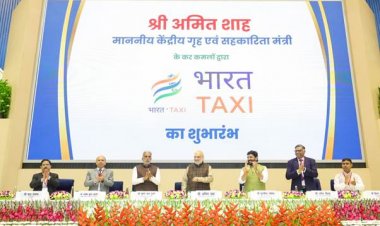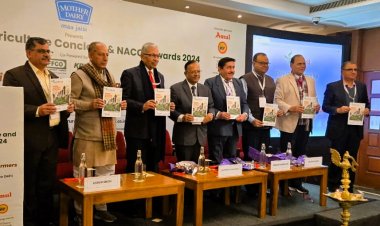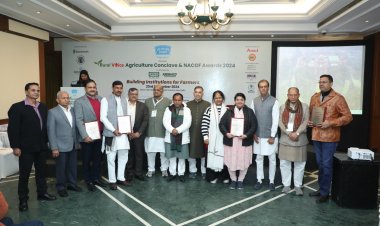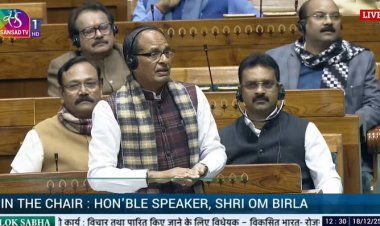Onus of agri reforms is on states: NITI Aayog member Ramesh Chand
Noting that the onus of agricultural reforms is in the states, NITI Aayog member Prof Ramesh Chand has underscored the need for them to take up bigger responsibility by enacting their own laws depending on their specific requirements.
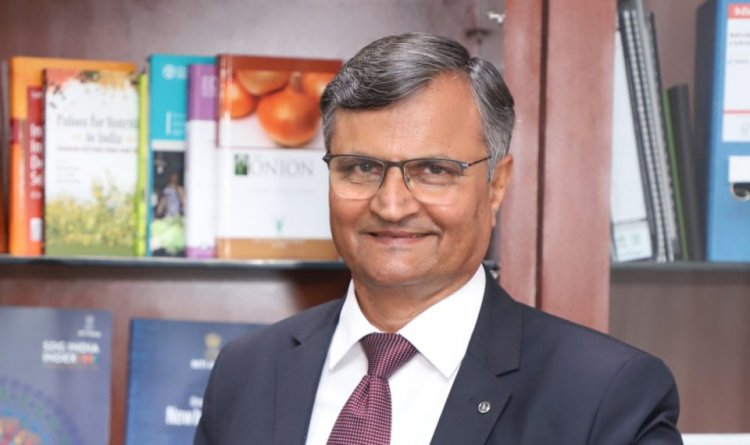
Noting that the onus of agricultural reforms is in the states, NITI Aayog member Prof Ramesh Chand has underscored the need for them to take up bigger responsibility by enacting their own laws depending on their specific requirements.
“States have greater responsibility towards the agricultural sector, they should make laws according to their circumstances,” said Chand, a globally acclaimed agricultural economist. “We all know that some aspects of the agriculture sector are at the central level and some at the state level. The responsibility of the states is equally big, or rather their responsibility towards the agricultural sector is bigger. They should extensively discuss its positive and negative aspects, and take whatever comes out of it and move towards reforms” he said.
The NITI Aayog member, whose imprint is always visible in India’s agricultural policies, expressed this view in a lengthy interview to Harvir Singh, Editor-in-Chief of Rural World for the bi-lingual magazine’s inaugural issue that hit the stands on Wednesday.
Chand has authored many world class papers and books giving a holistic insight into the farm economy and his latest paper is on the Green Revolution and Amrit Kaal, in which he has tried to lay out a roadmap for the future of the country’s agricultural sector. Noting that for the last 10 years, India’s growth in agricultural productivity has been higher than that of China and America, thereby reducing yield gap, he said farmers should promote the technology available for their benefit and the states too should try for this. “This is very important. Nowadays technology is also becoming expensive. We have to compete with the world.”
Asked specifically if the three repealed agricultural laws are need of the hour, he said, “When the three agricultural laws were withdrawn, the Prime Minister said that perhaps we had failed to explain the benefits of these laws to the farmers. There may be shortcomings in the policies. When farmers were protesting, I had issued a paper from NITI Aayog”. Those who are interested in this should see the paper to know with which logic the thinkers of the government started the process of bringing new laws, he said.
Chand suggested that state-level committees should discuss models of these laws that may be beneficial according to their local circumstances and cited Model APMC Act, Model Contract Farming Act and Model Land Leasing Act that the states should discuss. “I will also appeal to the farmers through you to discuss these issues with an open mind. Putting them on the back burner will not be good for the agriculture sector and farmers.”
The NITI Aayog member recently released a paper ‘Green Revolution to Amrit Kaal: Lessons and Way Forward for Indian Agriculture’, in which he suggested steps for the future strategy of agriculture by taking lessons from the Green Revolution.
Asked as to how these will be implemented, he said, “Climate change has emerged as a big challenge for the agricultural sector, while excessive use of chemicals has affected people’s health. Keeping all these things in mind, if we do not make a scientific road map then there will be a possibility of wandering here and there. I have also written in it that the move towards natural farming that we are talking about will improve the negative effects of the Green Revolution.
“The biggest challenge for us is that if we are moving forward with the goal of a developed India, in which the income of every person will increase from USD 2,100 to USD 11,000-12,000, then where will people get employment, where will people’s income come from? In the government’s goal of inclusive growth, we not only have to increase the income of the country, but also increase the income of all people, and income increases through employment.
“In that road map, I have also tried to highlight that we now have to think about agriculture-centric development, because our employment is still agriculture-centric. Recently, PLFS survey of 2022-23 came, it also says that 45.8 percent of the workforce is in the agriculture sector. It is decreasing very slowly. Looking at sustainability, employment, climate change and maintaining the pace of growth, I have taken a position that agriculture will play a central role in creating a developed India.”



 Join the RuralVoice whatsapp group
Join the RuralVoice whatsapp group

















